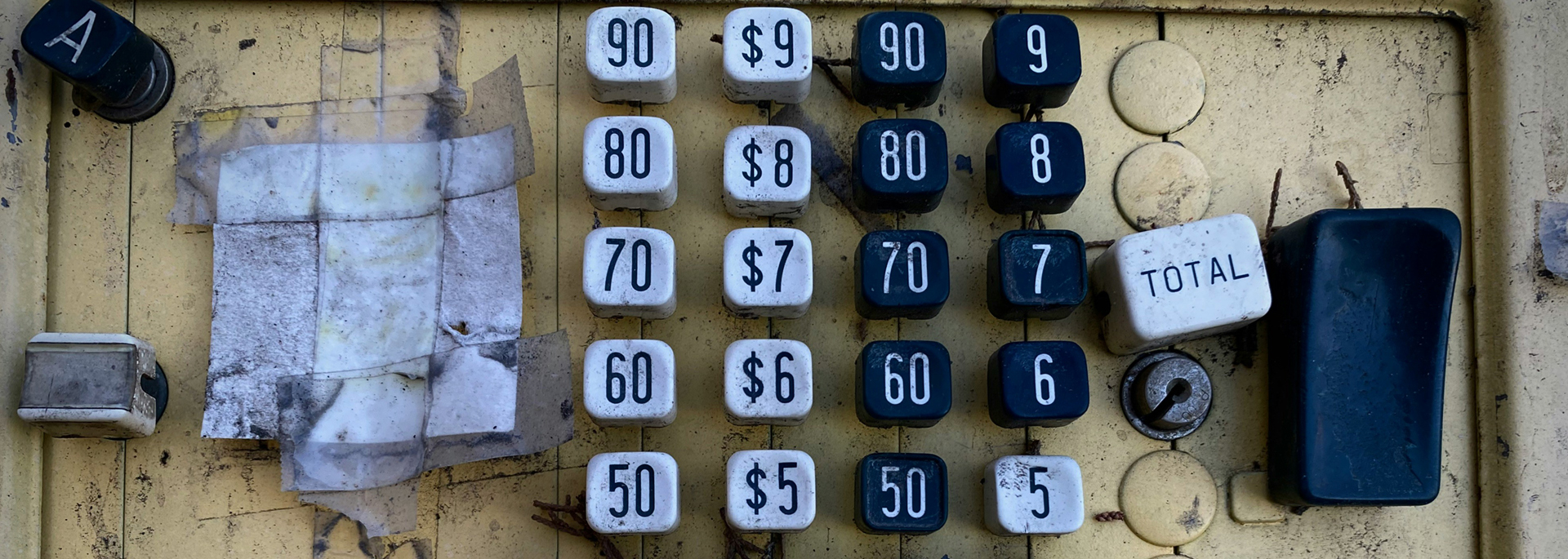As a real estate professional in New York City, one of the most vibrant and challenging markets in the world, it’s crucial to guide sellers through the maze of closing costs. Understanding these costs is essential for a smooth transaction and to avoid any surprises at the closing table. Here’s a brief overview of what NYC sellers can expect in terms of closing costs.
1. Real Estate Broker’s Commission
The most significant closing cost for sellers in NYC is typically the real estate broker’s commission. This fee is negotiable but generally ranges from 4% to 6% of the sale price. The commission is split between the seller’s and buyer’s brokers and is paid by the seller at closing.
2. New York City Transfer Tax
Sellers in NYC are also responsible for paying the New York City Transfer Tax, which is based on the selling price of the property. For properties sold at $500,000 or less, the tax rate is 1% of the sale price. For properties selling for more than $500,000, the rate increases to 1.425%.
3. New York State Transfer Tax
In addition to the city transfer tax, sellers must pay a New York State Transfer Tax. The state tax rate is 0.4% of the sale price for all properties. However, for residential properties selling for more than $3 million and commercial properties over $2 million, an additional progressive tax applies, starting at 0.25% and going up to 2.9%.
4. Attorney Fees
Sellers will need to hire an attorney to navigate the complexities of NYC real estate transactions. Attorney fees can vary widely based on the attorney’s experience and the specifics of the transaction but typically range from $2,000 to $5,000.
5. Miscellaneous Fees
Several smaller fees can add up, including:
Flip Tax: Some co-ops charge a flip tax, paid by the seller, which can range from 1% to 3% of the sale price.
Stock Transfer Tax: For co-op sales, this nominal fee is usually under $100.
Payoff Fees: If you have a mortgage on the property, your lender may charge fees to process the payoff.
Move-out Deposits/Fees: Some buildings require a move-out deposit or fee, which is usually refundable if there’s no damage.
Selling property in NYC involves navigating a complex landscape of closing costs. By understanding these expenses ahead of time, sellers can better prepare for the financial aspects of their transaction. Always consult with a knowledgeable real estate attorney and your broker to get accurate estimates of your closing costs and to ensure a smooth and successful sale. Remember, while the costs may seem daunting, the expertise of professionals can help you navigate this process with confidence, ensuring that you understand every aspect of your closing costs.





